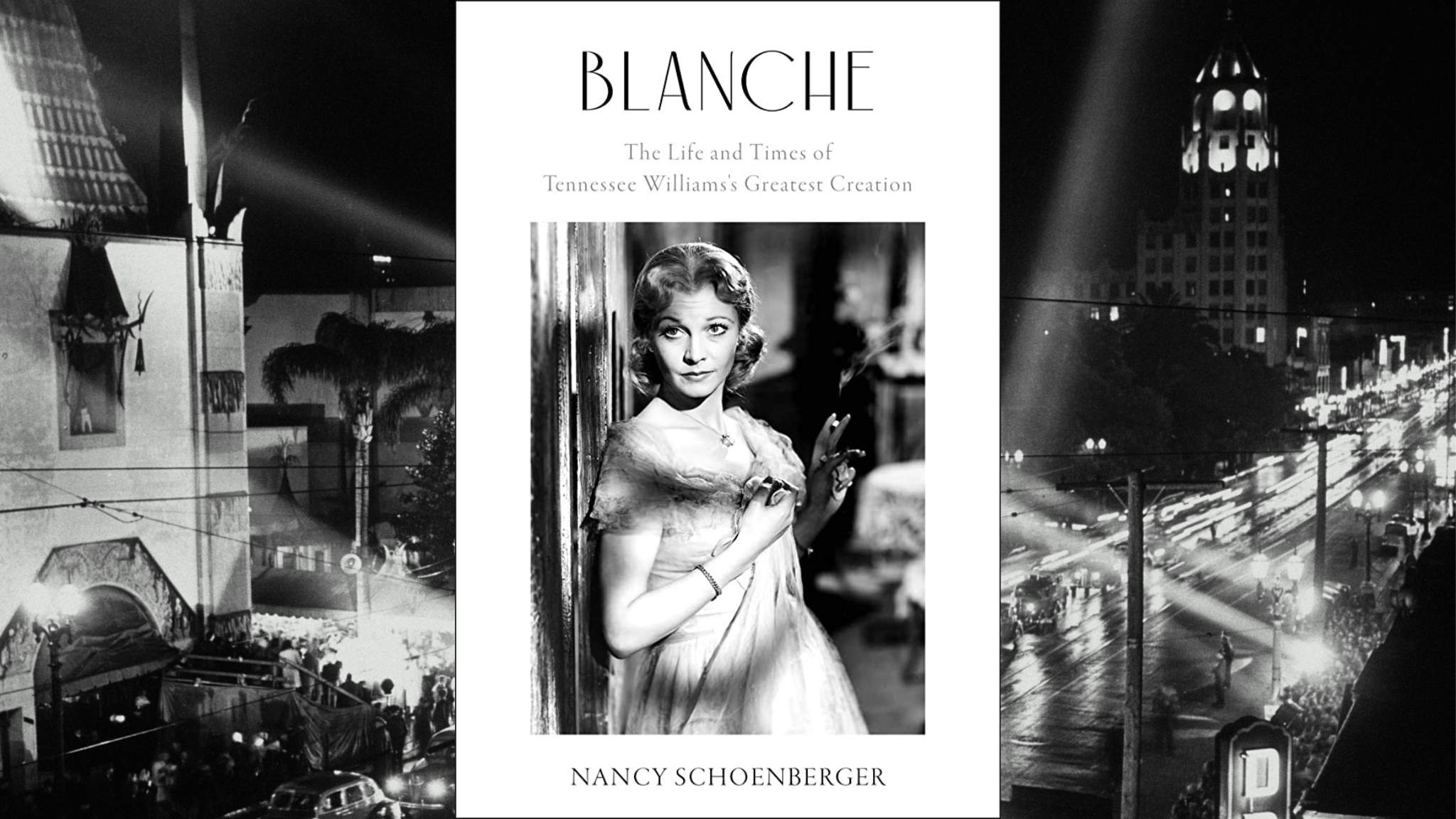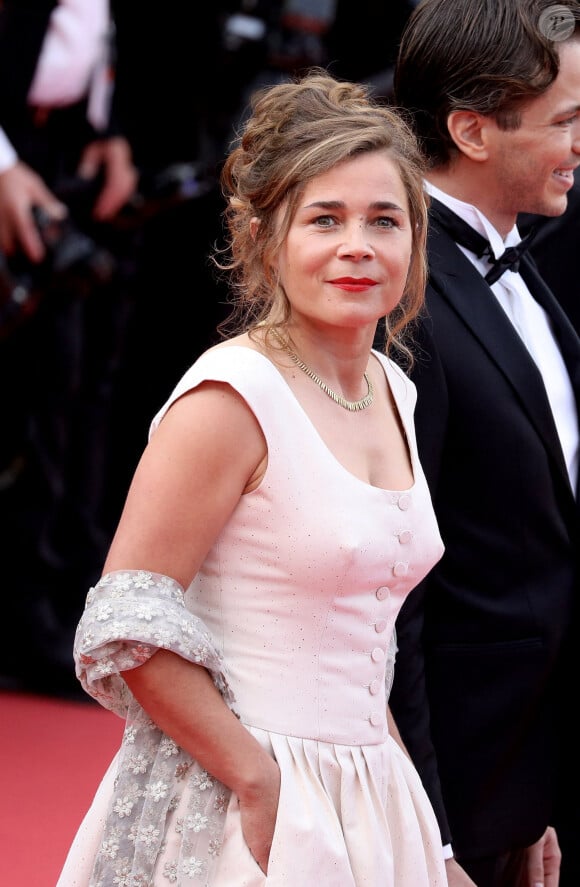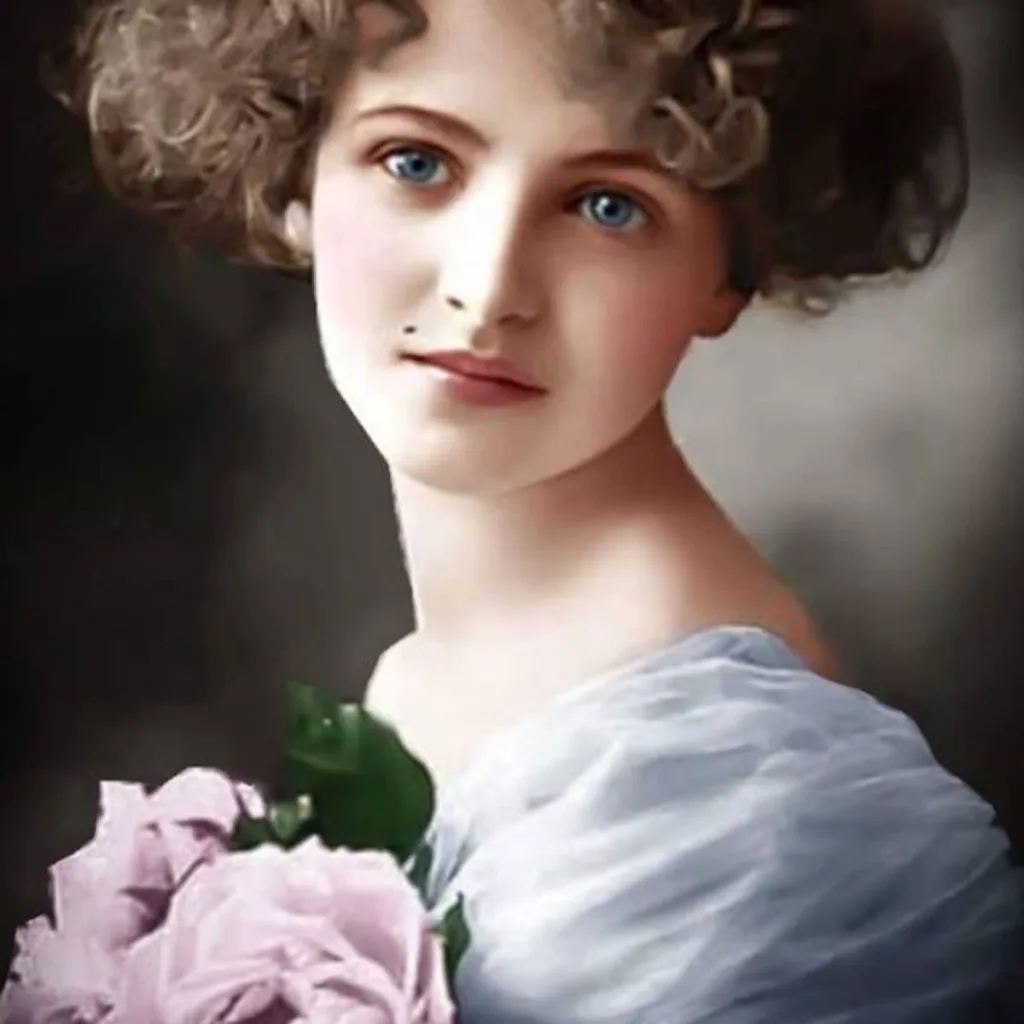Blanche Devereaux - A Character Study
When we think about characters who genuinely leave a mark, shaping how we view certain traits or personality types, one figure that often comes to mind, perhaps quite quickly, is Blanche Devereaux. She presents a certain kind of presence, a way of being in the world that feels distinctive, and in some respects, truly memorable. This isn't about grand, sweeping tales of sorrow or deep, soul-shaking despair; rather, it’s about a character who, as the thought goes, was never tragic, not in the way some other well-known figures from stories might be. You know, like, she just didn't carry that particular weight.
Her place in the cultural conversation, you see, is rather interesting. People often bring her up in discussions, sometimes, it seems, without really getting the full picture of what she represents. It's almost as if her name gets tossed around, like, in a way, a shorthand for something, but maybe the deeper meaning or the actual nuances of her character don't always get the attention they probably deserve. This can lead to, you know, a bit of a quick judgment, or a surface-level idea of who she really is, and that's not quite fair to the richness of her portrayal.
The distinction between her and other figures, especially those known for their profound sadness or struggles, is quite clear. She stands apart, a character who, by all accounts from the observations, did not possess that deep, sorrowful core that defines so many others. This particular aspect of her personality, her seeming lack of a tragic element, sets her apart, making her a unique individual in the collective memory of fictional people, and that's something worth exploring, don't you think?
- Laura Savoie
- Two And A Half Men Cast
- Actors From Shake It Up
- Kim Cattrall Movies And Tv Shows
- West Side Story
Table of Contents
- The Essence of Blanche Devereaux
- Was Blanche Devereaux Ever Truly Sad?
- A Different Kind of Heroine
- How Does Blanche Devereaux Compare to Other Figures?
- Perceptions and Public Ideas
- Do People Misinterpret Blanche Devereaux?
- The Appeal of Blanche Devereaux
- Can Blanche Devereaux Inspire Lasting Attractiveness?
The Essence of Blanche Devereaux
When one considers the core of Blanche Devereaux, a fundamental idea that comes to mind, almost immediately, is that she was, as the saying goes, never tragic. This isn't a small detail; it's a really central part of what makes her character tick. She just didn't seem to have that deep-seated sorrow or that sense of inevitable downfall that you find in some other well-known story people. It's a key feature, a defining trait, that separates her from many others we might think of when we consider figures from plays or television shows who often face profound difficulties. She truly stands out in that regard, and that's something to think about.
This idea of her being free from tragedy, you know, it means she wasn't constantly battling some inner demon or facing an overwhelming, life-altering setback that would define her existence in a sorrowful way. Instead, her narrative, in a way, tends to lean more towards experiences that, while perhaps challenging at times, never really pulled her into a deep, unending sadness. It’s almost like she had a certain resilience, a way of moving through things that kept her from becoming a figure of pity or profound melancholy. And that, really, is quite something to observe.
Was Blanche Devereaux Ever Truly Sad?
Considering the statement that Blanche Devereaux was never tragic, one might ask, could she ever have truly felt a deep, lasting sadness? It seems that, based on the observations, her character simply did not embody the kind of sorrow that would lead to such a description. She might have had moments of disappointment, or perhaps even fleeting periods of unhappiness, but these feelings, it seems, never escalated into something that would label her as a figure of deep, significant woe. It's a rather distinct characteristic, and you know, it sets her apart from others who are often defined by their hardships.
The point here is that her disposition, her general way of being, did not include that deep, persistent ache that often comes with a tragic existence. It’s not to say she was always cheerful, but rather that her emotional landscape, if you think about it, didn't include those vast, dark valleys of despair that mark a tragic figure. So, in some respects, she maintained a certain buoyancy, a lightness that kept her from sinking into the kind of profound sadness that would change her entire outlook. This is a pretty interesting aspect of her, actually, when you stop to consider it.
A Different Kind of Heroine
When we look at Blanche Devereaux, it becomes clear that she represents a different sort of character, especially when placed next to figures who are widely considered to be tragic. For instance, the text mentions Blanche DuBois, who was probably the most tragic of all Tennessee Williams' heroines. This comparison really highlights the unique nature of Blanche Devereaux. One character is steeped in profound sorrow and mental distress, while the other, it seems, simply is not. It’s a very stark difference, and it helps us see just what kind of individual Blanche Devereaux truly is.
This contrast is important, you know, because it helps us define Blanche Devereaux not by what she suffers, but by what she doesn't. She isn't defined by a crumbling mental state or by a life that has been utterly undone by circumstances beyond her control. Instead, her story, her presence, is about something else entirely. It's about a character who, perhaps, finds a way to move through life's situations without succumbing to the kind of overwhelming sadness that consumes others. And that, in a way, is pretty remarkable, isn't it?
How Does Blanche Devereaux Compare to Other Figures?
Thinking about how Blanche Devereaux stacks up against other well-known characters, particularly those who are often seen as deeply troubled or even monstrous, gives us another angle. The text brings up the question, "Which sister was the bigger monster, blanche or jane, Sister, sister oh so fair, why is there blood all over your hair?" This reference, clearly pointing to a very different kind of "Blanche" (from "What Ever Happened to Baby Jane?"), further underscores the non-tragic, non-monstrous nature of Blanche Devereaux. She just doesn't fit that mold, you know?
It’s almost like the discussion, in some respects, uses her as a counterpoint, a way to show what a character *isn't*. She isn't a figure of horror or deep, unsettling psychological torment. Her actions and her general demeanor do not align with those who are considered to be truly terrible or destructive. This really solidifies the idea that Blanche Devereaux, while certainly having her own unique personality, doesn't carry the dark, heavy connotations that some other fictional people do. And that, frankly, is a pretty important distinction to make when you're talking about her.
Perceptions and Public Ideas
It seems that the way people talk about Blanche Devereaux can sometimes be a bit, well, surface-level. The text points out, "Do any of these posters who keep spouting nancy reagan and blanche devereaux even read the thread, ffs, Or do they think their wit is so original that no one in the years this." This suggests that her name, like that of Nancy Reagan, is sometimes used as a kind of quick reference, perhaps without a full appreciation for the actual character or the context she represents. It’s almost like she becomes a shorthand, but that shorthand doesn't always carry the depth of her actual portrayal, you know?
This tendency to use her name, perhaps without really thinking about what it means, can lead to a slightly distorted public idea of who she is. It's as if her persona gets boiled down to a few very basic points, missing the richer details that make her so distinct. So, in a way, people might be missing out on the full picture, just using her name as a quick quip rather than genuinely engaging with the character herself. And that, honestly, is a bit of a shame for a character with such a specific presence.
Do People Misinterpret Blanche Devereaux?
Given how her name is sometimes used in casual conversation, one has to wonder, do people often get Blanche Devereaux wrong? It seems possible that, when her name is simply "spouted" without much thought, as the text suggests, there's a risk of misinterpreting her true nature. She is not a tragic figure, nor is she a monster, yet the way she is invoked might sometimes lump her into categories that don't quite fit her. It's almost like a game of telephone, where the original message gets a little twisted along the way, and that's not quite right for her character.
The idea is that her distinct characteristics, her non-tragic nature and her distance from truly dark figures, might get lost in the quick references. People might, in fact, project ideas onto her that aren't actually part of her character, simply because her name is familiar. So, in some respects, there's a chance that the popular understanding of Blanche Devereaux might be a bit off, not fully capturing the unique blend of traits that truly define her. And that, you know, is something to consider when you hear her name mentioned.
The Appeal of Blanche Devereaux
Beyond her non-tragic nature and the way she's sometimes discussed, there's also an aspect of Blanche Devereaux that touches upon broader ideas of attractiveness and how people perceive it over time. The text offers a general thought: "My theory is you can be attractive into your 50s maybe a few 60s, Women can do the make up thing, So into 60s maybe but no one no matter how much money or how." While this is a general observation about attractiveness, it almost certainly resonates with the kind of character Blanche Devereaux represents – someone who, by all accounts, maintained a certain allure and charm throughout her life, defying conventional ideas about age and appeal. She truly embodies a spirit of enduring attractiveness, in a way.
Her character, in a sense, provides a living example of this theory, demonstrating that a person's appeal isn't strictly limited by the passage of years. She showed that a certain way of carrying oneself, a particular approach to presentation, and a lively spirit could maintain a sense of charm and desirability well into later stages of life. It’s almost like she was a walking, talking illustration of the idea that age doesn't have to diminish one's ability to be seen as appealing. And that, honestly, is a pretty powerful message to convey, especially for a fictional person.
Can Blanche Devereaux Inspire Lasting Attractiveness?
So, considering this idea about attractiveness extending into later years, can Blanche Devereaux, through her portrayal, actually inspire people to think differently about lasting appeal? It seems quite possible. Her character, with her consistent attention to her appearance and her lively, flirtatious manner, certainly presented a picture of someone who embraced her own attractiveness, regardless of age. She was, in some respects, a model for how one might approach the idea of maintaining a certain spark and charm throughout life, showing that it’s not just for the young. She pretty much lived that idea, actually.
Her example, therefore, could serve as a reminder that personal presentation, a confident attitude, and a zest for life can contribute significantly to one's perceived attractiveness, even as the years go by. It’s not just about what is seen on the surface, but also about the inner spirit and how one chooses to express it. So, in a way, Blanche Devereaux might just offer a blueprint for staying vibrant and appealing, proving that charm and allure are not just fleeting qualities. And that, you know, is a pretty good thing to think about when you consider her legacy.

Captivating History of Blanche DuBois, Tennessee Williams’ Most

Photo : Blanche Gardin (robe Agnès b) - Montée des marches du film

A Look Into Blanche Monnier After Her Incredible Recovery